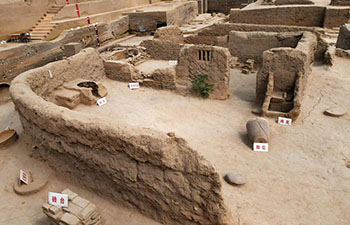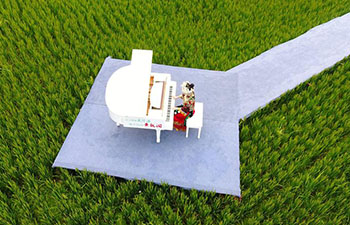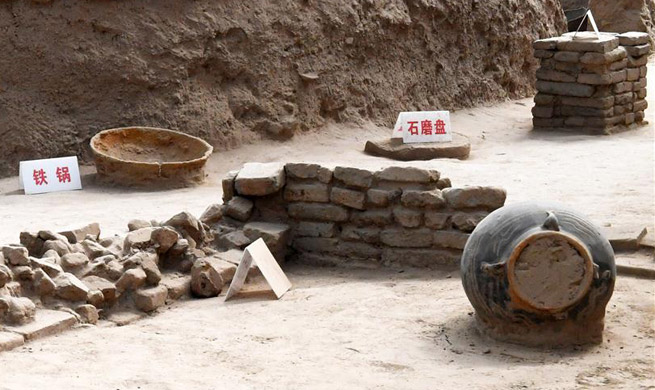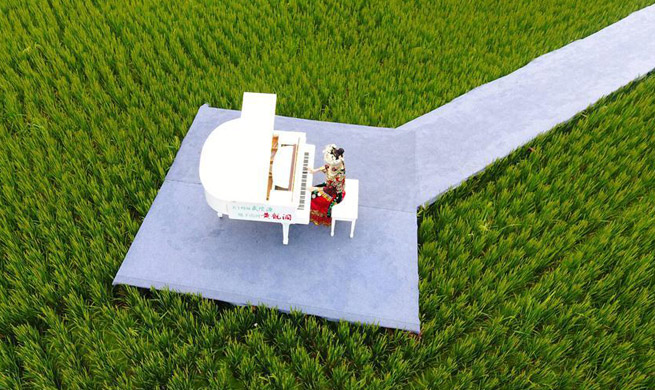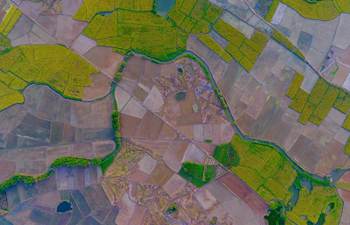HARARE, Aug. 11 (Xinhua) -- The Zimbabwe government has clashed with the World Bank over its inaugural command maize agriculture scheme which it has hailed for boosting production of the staple maize grain in the 2016/17 farming season.
However, the World Bank recently expressed its reservations over the scheme, saying the initiative stretches the country's budget deficit and was politically motivated.
Under the government sponsored scheme, selected farmers were given inputs such as seed, fertilizer and chemicals as well as irrigation and mechanized equipment to grow maize. The farmers would repay the cost of the inputs.
The government has hailed the program for contributing significantly to maize production, which topped 2.1 million tonnes this year from 512,000 tonnes in 2016 and more than the annual national requirement of 1.8 million tons.
Agriculture Minister Joseph Made was quoted by the state-run Herald newspaper on Friday as saying that the command maize scheme was meant to boost food security in the country and cut government's maize import bill.
The scheme also seeks to address the challenge of high cost of agriculture financing that many farmers in the country face, he said.
"The burden to the farmer had always been of financing at 18 percent interest and these had brought farmers down to their knees," Made was quoted as saying by the newspaper.
He said instead of seeking to direct government on how to run its business, the WB must concentrate on the removal of sanctions imposed on Zimbabwe by the West.
"What is paramount is for Zimbabwe to be able to feed itself utilizing its inherent natural resources," Made said.
Finance Minister Patrick Chinamasa said last month that government had earmarked 334 million U.S. dollars for the command agriculture scheme in the upcoming 2017/18 farming season.
Zimbabwe's budget deficit for 2016 rose to 1.4 billion U.S. dollars, much higher than the 623 million dollars recorded in June 2016. Government attributed the higher deficit to grain imports following a severe drought which left a quarter of the rural population in need of food aid.





